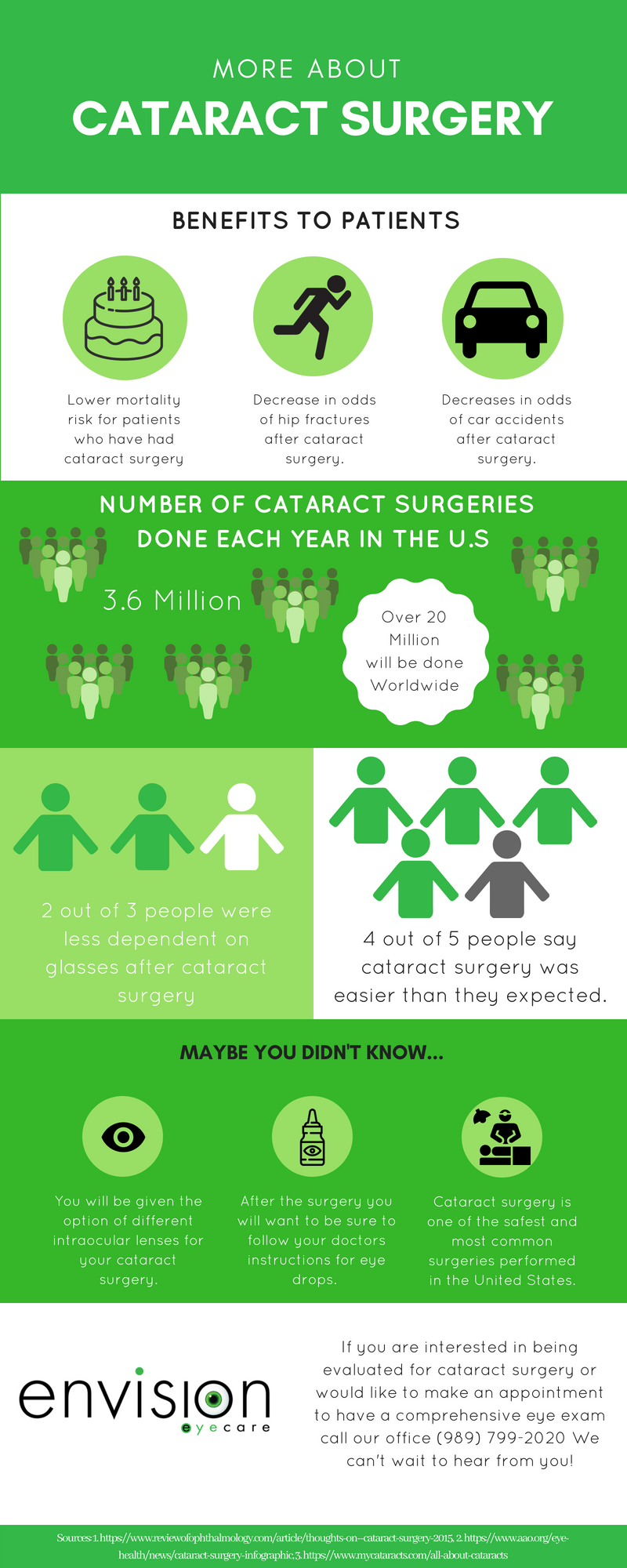Exactly How To Assistance A Loved One Dealing With Cataract Surgical Treatment: A Caretaker'S Point Of View
Exactly How To Assistance A Loved One Dealing With Cataract Surgical Treatment: A Caretaker'S Point Of View
Blog Article
Post Writer-Lynggaard Crosby
As a caregiver sustaining a loved one dealing with cataract surgical treatment, your duty is critical in guaranteeing their convenience and recovery. From pre-surgery prep work to post-operative care, your presence and assistance can make a considerable difference in their trip. Comprehending the emotional and physical obstacles they might encounter, supplying sensible assistance, and being their pillar of assistance are crucial elements in this procedure. Bear in mind, your function exceeds simply offering support; it has to do with being a source of strength and convenience throughout a substantial stage in their life.
Understanding Cataract Surgery Refine
Exploring the steps associated with cataract surgical treatment can aid reduce any type of anxiety or uncertainty you might have concerning the treatment. is cataract surgery necessary is an usual and very successful treatment that includes eliminating the cloudy lens in your eye and changing it with a clear man-made lens.
Before the surgery, your eye will certainly be numbed with eye decreases or an injection to ensure you do not feel any kind of discomfort throughout the treatment. The specialist will make a little incision in your eye to access the cataract and break it up utilizing ultrasound waves prior to very carefully removing it.
Once the cataract is gotten rid of, the man-made lens will be inserted in its place. The whole surgical procedure usually takes about 15-30 mins per eye and is typically done one eye each time.
After the surgery, you might experience some mild discomfort or obscured vision, yet this is normal and must enhance as your eye heals.
Readying for Surgical Procedure Together
To make sure a smooth and stress-free experience, getting ready for cataract surgical treatment with each other can make a considerable difference in your liked one's journey. Start by attending pre- about how much does cataract surgery cost with them. This way, you can ask concerns, recognize the procedure, and offer emotional support.
Help them organize their pre-operative instructions, medications, and transport to and from the medical facility. Make sure their home is ready for their recovery by establishing a comfortable area with simple accessibility to crucial products.
Aid them in arranging for post-operative treatment if required, such as assist with dishes or house tasks. Urge them to comply with the medical professional's advice regarding fasting prior to surgery and medicine procedures.
Reassure them that you'll be there for them every step of the means. By actively taking part in the preparation procedure, you can ease anxiety and ensure that your enjoyed one feels sustained and cared for during this essential time.
Post-Operative Treatment Tips
After cataract surgical treatment, offering proper post-operative treatment is critical for your loved one's healing. Guarantee they wear the safety shield over their eye as instructed by the physician. Help them administer recommended eye drops and medicines on time to stop infection and aid healing.
Urge your loved one to prevent touching or rubbing their eyes, as this can lead to problems. Assist them in following any limitations on flexing, lifting hefty objects, or taking part in arduous tasks to avoid stress on the eyes. Make sure they go to all follow-up visits with the eye medical professional for checking progress.
Keep the eye area clean and completely dry, avoiding water or soap straight in the eyes. Encourage your enjoyed one to put on sunglasses to protect their eyes from bright light and glare during the healing procedure. LASIK Vision Institute Doctors and encouraging as they recuperate, supplying aid with everyday jobs as needed.
Conclusion
In conclusion, supporting an enjoyed one with cataract surgical treatment includes being there every action of the means, from pre-surgery preparations to post-operative care. Your emotional support, functional assistance, and motivation can make a considerable difference in their recuperation process. By remaining educated, arranged, and alert to their demands, you can help ensure an effective outcome and provide them with the comfort and confidence they need throughout this challenging time.
